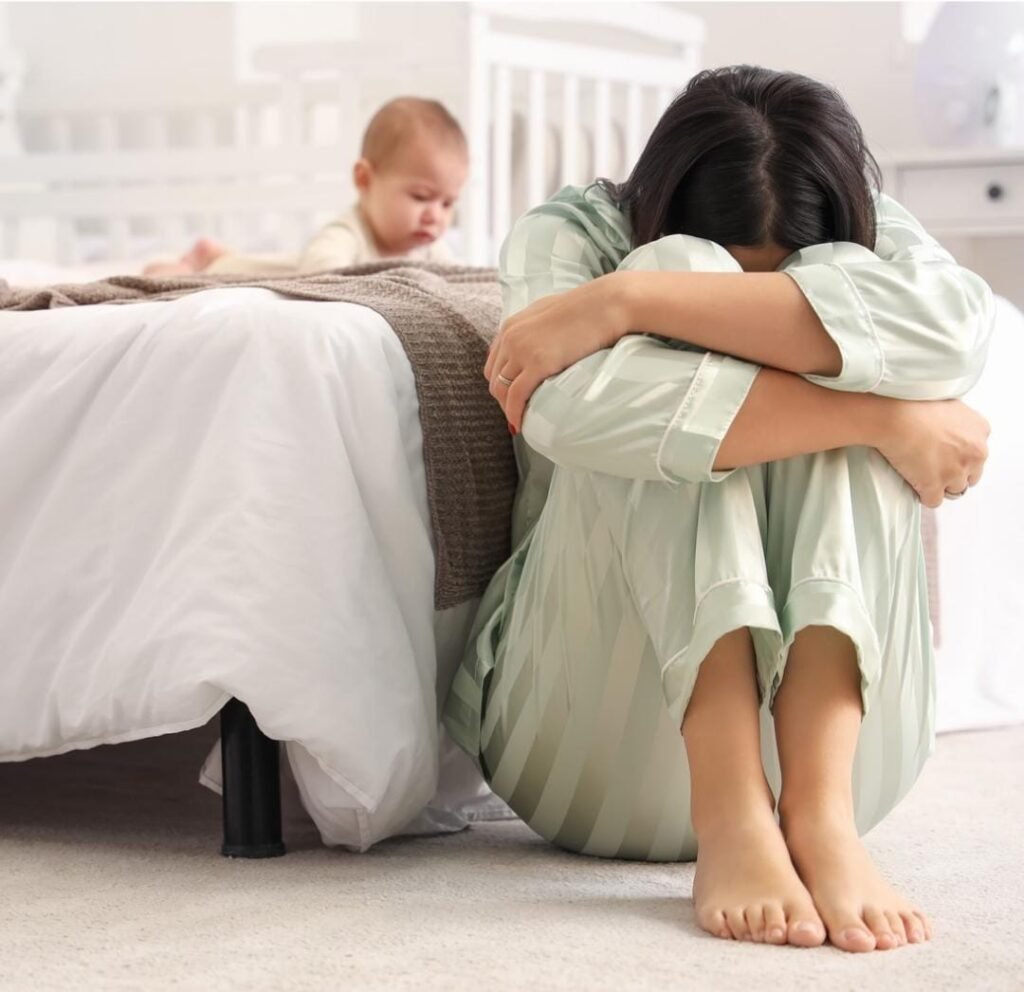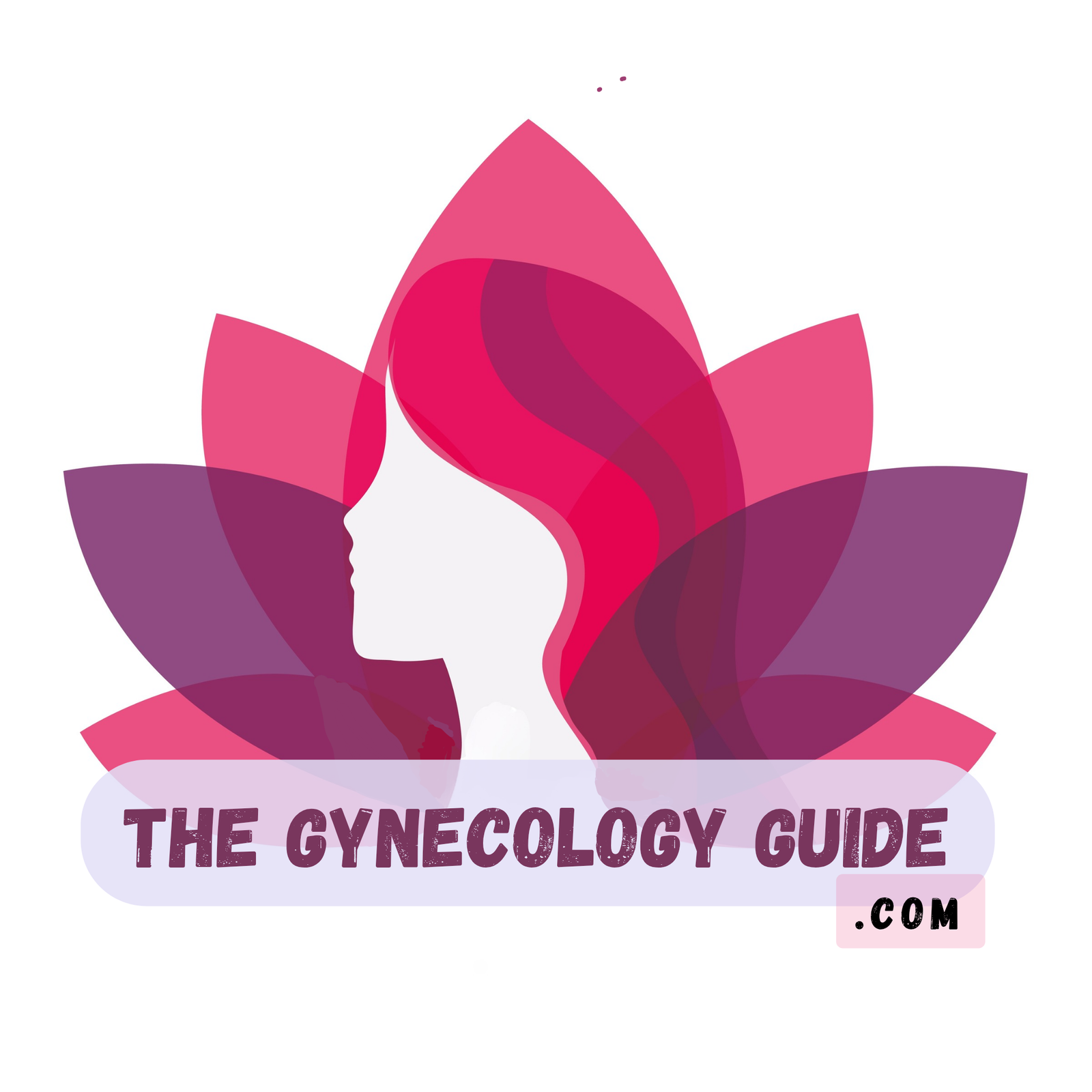The journey into motherhood is often painted as a time of joy, bonding, and fulfillment.
despite of being a doctor, i have experienced this thing my self in my postpartum journey.
However, for many new mothers, the postpartum period can be fraught with unexpected challenges, including mental health struggles. so, lets emphasize that every new mom’s journey to motherhood is unique.

While postpartum depression (PPD) has gained significant attention in recent years, its close relative, postpartum anxiety (PPA), remains less discussed but equally pervasive.
In fact, postpartum anxiety is more common than most people realize, affecting a significant number of new mothers. This blog aims to shed light on postpartum anxiety, its prevalence, symptoms, and the importance of seeking help.
What is Postpartum Anxiety?
Postpartum anxiety is a condition characterized by excessive worry, fear, and anxiety that occurs after childbirth.
Unlike the “baby blues,” which are mild and short-lived, postpartum anxiety can be debilitating and interfere with a mother’s ability to function daily. It often coexists with postpartum depression, but it can also occur on its own.
How Common is Postpartum Anxiety?
While exact statistics vary, research suggests that postpartum anxiety affects approximately 10-20% of new mothers. This makes it nearly as common as postpartum depression, which affects about 10-15% of women.
However, postpartum anxiety is often underreported and underdiagnosed, partly because it is less recognized than PPD.
Many women may not even realize that what they are experiencing is a form of anxiety, attributing their symptoms to the normal stresses of new motherhood.
Symptoms of Postpartum Anxiety.
Postpartum anxiety can manifest in various ways, and its symptoms may overlap with those of postpartum depression. Common signs include:
- Excessive Worry: Constant, intrusive thoughts about the baby’s health, safety, or well-being.
- Restlessness:* Feeling on edge, unable to relax, or constantly needing to be doing something.
- Sleep Disturbances: Difficulty falling or staying asleep, even when the baby is sleeping.
- Physical Symptoms: Rapid heartbeat, dizziness, nausea, or shortness of breath.
- Irritability: Feeling easily frustrated or angered, often over minor issues.
- Difficulty Concentrating: Trouble focusing on tasks or making decisions.
- Fear of Being Alone: A persistent fear of being left alone with the baby or of something bad happening.
Why is Postpartum Anxiety Overlooked?
Several factors contribute to the underrecognition of postpartum anxiety:
- Lack of Awareness: Many people, including healthcare providers, are more familiar with postpartum depression than postpartum anxiety. As a result, anxiety symptoms may be overlooked or misattributed to stress or fatigue.
2. Stigma:* There is still a stigma surrounding mental health issues, particularly in the context of motherhood. Women may feel ashamed or guilty for not feeling “happy” during what is supposed to be a joyous time.
3. Normalization of Symptoms:* The demands of new motherhood can be overwhelming, and some level of anxiety is expected. However, when anxiety becomes excessive and interferes with daily life, it is no longer “normal” and should be addressed.
The Importance of Seeking Help.
Untreated postpartum anxiety can have serious consequences for both the mother and the baby. It can affect the mother’s ability to bond with her baby, lead to chronic anxiety or depression, and even impact the child’s development.
Therefore, it is crucial for new mothers to seek help if they suspect they are experiencing postpartum anxiety.
Treatment Options
most important is a role of a partner
postpartum period can be overwhelming for a new mother, but supportive partner can make a significant difference in her recovery.

- Providing Emotional Support
2. Assisting with Baby Care and Household Tasks
3. Encouraging Self-Care
4. Strengthening the Relationship
Therapy: Cognitive-behavioral therapy (CBT) is particularly effective for anxiety disorders. It helps individuals identify and change negative thought patterns and behaviors.
Medication:* In some cases, medication such as antidepressants or anti-anxiety drugs may be prescribed. It’s important to discuss the risks and benefits with a healthcare provider, especially if breastfeeding
Support Groups: Connecting with other mothers who are experiencing similar challenges can provide emotional support and reduce feelings of isolation.
Self-Care:* Prioritizing self-care, such as getting enough sleep, eating well, and engaging in physical activity, can help manage anxiety symptoms.
Conclusion
Postpartum anxiety is more common than many people realize, yet it remains underrecognized and undertreated. By raising awareness about this condition, we can help ensure that more women receive the support and treatment they need.
If you or someone you know is struggling with postpartum anxiety, remember that help is available, and seeking it is a sign of strength, not weakness. Motherhood is a complex and challenging journey, and no one should have to navigate it alone.

